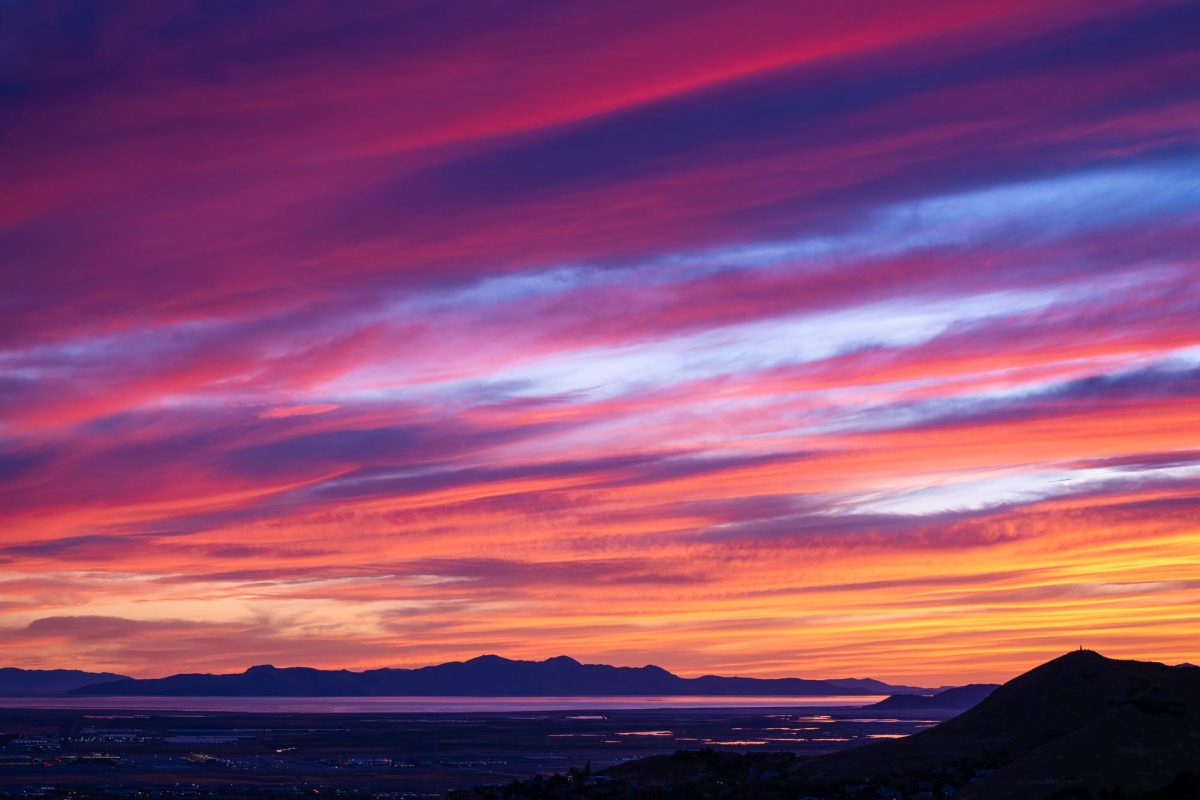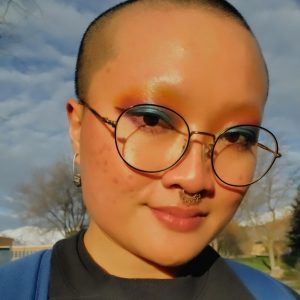As a non-Indigenous Asian person in America, I am a settler. “Settler” refers to all who aren’t the First People of a given place-territory. We dwell on the disruption of Indigenous ways of life and Native American land stewardship.
Dear Settler, let me help you become unsettled. To gain accountability toward Indigenous Americans, settlers must learn about the energy shared on earth by living and nonliving beings, now and in the future.
I came to this country involuntarily, but since I am here, I strive to cultivate social responsibility for harm against the First People of this continent. This extensive commitment has led me to understand that undoing settler colonialism requires settler discomfort. Decolonial discomfort should prompt social, economic, political, physical and spiritual change.
Recognizing our individual positions in society and on Indigenous land enables us to see that anyone can be an agent of white supremacy and settler colonialism.
Degradation in Coloniality
Kēhaulani Folau, an Indigenous scholar obtaining her Ph.D. in education and someone whose family is from the Pacific Islands, gave her perspective.
“Even for myself, I’m a settler,” she said, explaining her accountability to the First People of Utah.
“My parents migrated, and my mom’s from Micronesia. There were nuclear bomb tests throughout the Pacific that [my mom’s] whole family experienced.” Folau endures firsthand the devastating effects of careless U.S. misuse of land. “My mom passed to cancer last year, and the majority of her siblings have passed because of some type of cancer.”
Even as a settler, Folau knows the pain inflicted through coloniality because her upbringing in the U.S. is a direct result of colonial displacement.
Become Unsettled
Being unsettled may be understood as disrupting settler colonial intent. Unsettling is discomfort.
Those in power “actively want to lie to our children,” Folau stated. “If I say I am a product of public schooling, then I’m also a product of their indoctrination and lies.” Regarding a settler’s responsibility to the First People of a place-territory, she said, “The first thing anyone could do is learn.”
Folau said the challenge to become unsettled is “a beautiful and necessary invitation. If folks care [they must] be ready to be unsettled.” Unsettling is a result of wrestling contradiction. We must not expect comfort as we gain consciousness. Folau firmly stated, “There is no study without struggle.”
Folau’s personal unsettling came from “the idea that we are all living things, interconnected.” She acknowledged her individual impact on collective living and nonliving existence. “My actions now affect everything around me.”
In these first steps of learning, Folau shared, “it is cultural protocol in the [Pacific] Islands to start with genealogy.” She emphasized the importance of knowing one’s own origins.
“Getting to know who I am must begin with ancestry to position myself,” Folau said.
Folau said the next step beyond triangulating one’s position is asking oneself, “Who are you in relation with? Who knows how to nurture and care for this land better than anyone else?” These aspects of ancestry and relation embody how we came to be and how we move through the world.
Diasporic Daughter
Folau noted the importance of bringing Indigenous knowledge from the margins to the center. She and I share an admiration for Black and Indigenous scholars, drawing from the work of such academics and privileging their voices. “Being in the diaspora means being outside of where my ancestors called home,” she said, describing herself as a “diasporic daughter.”
Folau shared a sentiment that I also hold: “Black and Indigenous scholars’ brilliance is persistent and informs me how to better navigate [the world]. [Their] resistance informs me a different world is possible,” she said.
She expressed some of the ways U.S. citizens must navigate contradictions: “White men who enslaved folks, writing about freedom — huge contradiction. How do we manage that?”
Controversial Care
Folau said that we must “learn about the lies we’ve been told. [Then], the past is the only thing that is set in stone.” Most vitally, we should trouble our past by asking how to move through it. Navigating difficult controversy comes with a fight. As Folau put it, “The more you study, the more you’re going to struggle with these hard truths that are going to come out.”
This type of study feels nothing like cramming for an exam. We will encounter the temptation to look away from the unpleasant. But when we feel the urge to look away from others in pain, we must look harder. Learning the unpleasantness of destruction empowers us to discern harm from care.
“Every movement has stemmed from some type of study,” she affirmed. “If you’re not intentional with how you move through these spaces, how easily you can contribute harm.”
Trouble the Water
Folau expressed the conflict felt in “longing and belonging.”
“Coexisting [as settlers and First People] is a contradiction, but contradictions are necessary to lean into,” she said.
We can resist colonial and white supremacist ideologies once we face ethical controversy. Ultimately, we must become unsettled or actively inflict great harm on the life around us. Because every moving and evolving being is a type of rupture, we will make waves whether we intend to or not. Make your disruption one that resists harm and embodies care.














